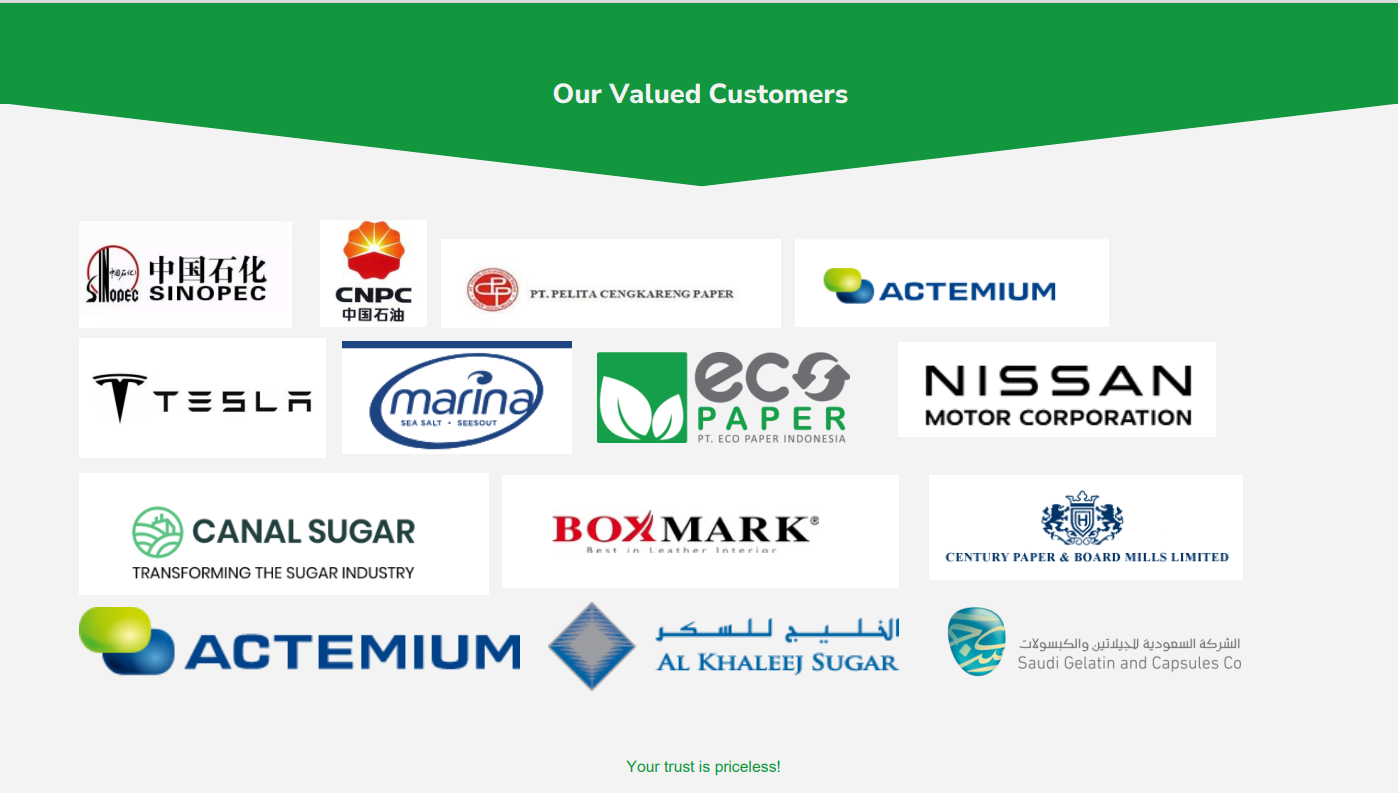What is a Filter Press?
A filter press is an industrial equipment used for solid-liquid separation, primarily driven by pressure to separate solid particles from liquids in a slurry. It is widely applied in industries such as chemical, pharmaceutical, food, environmental protection (e.g., wastewater treatment), and mining. Below are the key aspects:

- Working Principle
- Filtration Process: The slurry is pumped into the filter chambers of the press. Under high pressure (typically 0.4–1.5 MPa), the liquid (filtrate) passes through the filter medium (filter cloth or plate), while the solids (filter cake) are retained in the chambers.
- Dehydration Stage: Additional pressure or air blowing further reduces the moisture content of the filter cake.
- Main Types
- Plate and Frame Filter Press:
- Consists of alternating filter plates and frames, with filter cloth sandwiched between them.
- Simple structure, suitable for high-viscosity or high-solid-content materials.
- Recessed Chamber Filter Press:
- Uses plates with recessed cavities to form filter chambers, eliminating the need for frames.
- Better sealing, ideal for fine-particle filtration.
- Membrane Filter Press:
- Features elastic membranes embedded in the filter plates. After filtration, compressed air or water squeezes the membranes to further compress the cake.
- Produces drier filter cakes with higher efficiency but at a higher cost.
- Belt Filter Press:
- Uses rollers to squeeze sludge between filter belts, enabling continuous operation. Suitable for large-volume, low-concentration slurries (e.g., sludge dewatering).
- Key Components
- Filter Plates/Frames: Pressure-resistant structures made of cast iron, polypropylene (PP), or stainless steel.
- Filter Cloth: Determines filtration precision, commonly made of polyester, polypropylene, or other synthetic fibers.
- Hydraulic System: Provides the force to compress the plates.
- Control System: Automates filtration cycles, pressure adjustments, and other parameters.
- Applications
- Wastewater Treatment: Sludge dewatering to reduce disposal volume.
- Mining: Dewatering of tailings or mineral concentrates.
- Chemical/Food Industries: Separation of pigments, starch, distillery residues, etc.
- Pharmaceuticals: Purification of medicinal liquids or recovery of microbial biomass.
- Advantages
- High filtration efficiency with low cake moisture.
- Adaptable to high-concentration or difficult-to-filter materials.
- Selection Criteria
Key factors include material properties (particle size, viscosity, corrosiveness), processing capacity, required pressure, and desired cake moisture. For example:
- Viscous, fine-particle materials may require a membrane filter press.
- Large-scale continuous processing may favor a belt filter press.
Filter press technology is evolving toward automation (e.g., unmanned cake discharge) and energy efficiency, making it a core device in industrial solid-liquid separation.
Contact Us Today for a Tailored Solution!
Julie
Email: sales@filtrationchina.com
Mobile / WA / WeChat / Line / Viber: +86 159 2865 0174

